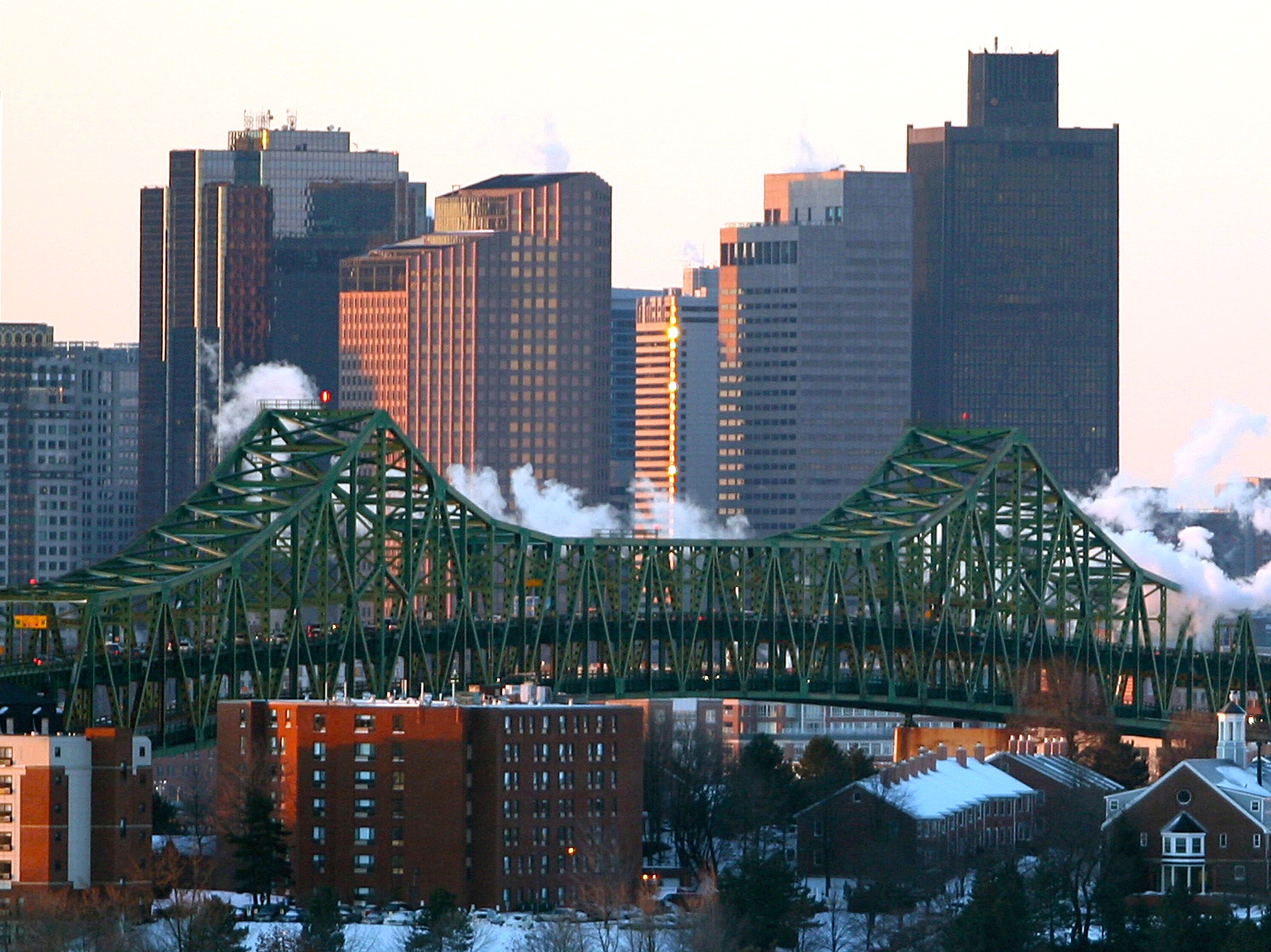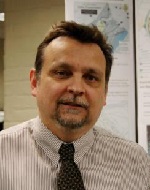Solicita ahora para formar parte de nuestra próxima grupo de Becados en Ciencia científicos comunitarios y líderes comunitarios.

The City of Chelsea, MA, a northeast suburb of Boston, is at-risk to a variety of natural hazards – from flooding to the effects of rising heat. Most preeminent among them is vulnerability of many underserved areas of the city prone to flooding from the Mystic River, Chelsea Creek, and from marshy and riverine areas that have now been filled in, with expanses of the City’s sedimentation made up of poorly draining clay, peat, and fibrous soils. The city sought a scientific partner to piece together the myriad studies on climate vulnerabilities in the city and develop a comprehensive strategy to analyze all the impacts holistically.
The team initially got together to develop a project plan. They decided that Sharma would first conduct a literature review, then organize a community forum where she would get community input and reactions to climate vulnerability in the city (in collaboration with Chelsea Greenroots). Finally, Sharma would develop a report outlining recommendations for the city to take regarding climate action. About two months ago, the community leads asked whether the scientific lead would be able to develop an infographic so that they might be able to present the report and its findings to city council.
Sharma required certain datasets and reports in order to have all the literature available to produce the report. City of Chelsea’s Planning Department made sure she had access to the data and reports necessary. The team also used a number of US government data sources for historical climate data and future climate projections. Often, the Planning Department was tasked with reviewing and commenting on the report. This input was obtained predominantly via email.
The team met intermittently about once every month for the first 6 months, afterwards it was rarely and mainly only when the monthly check-in from Thriving Earth Exchange occurred.
The project’s outputs include a report including recommendations on how to address climate variability in the city as well as an infographic designed to inform local city council about the project.
The work done in this project has helped the City obtain additional funding on needed climate adaptation and is expected to help the City adopt climate mitigation strategies that will keep underrepresented minorities’ unique needs and concerns at the forefront.
Other communities are welcome to adapt the methodology, view the report and the infographic as a template for their own use. Also, the community and scientific leads are available to answer any questions pertaining to their work.
El equipo observó que lo siguiente contribuyó al éxito del proyecto:
There were several key things that the team would do differently if they had the chance to do this project again:
Some advice for other teams pursuing Thriving Earth Exchange projects and for those anticipating doing a Thriving Earth project, the team recommends:
The City of Chelsea, MA, a northeast suburb of Boston, is at-risk to a variety of natural hazards – from flooding to the effects of rising heat. Most preeminent among them is vulnerability of many underserved areas of the city prone to flooding from the Mystic River, Chelsea Creek, and from marshy and riverine areas that have now been filled in, with expanses of the City’s sedimentation made up of poorly draining clay, peat, and fibrous soils. The city is now looking for a scientific partner to piece together the myriad studies on climate vulnerabilities in the city and develop a comprehensive strategy to analyze all the impacts holistically.
In recent years, Chelsea has been working with the Federal Emergency Management Agency (FEMA) to update flood protection maps of the area. Prior to the update, inundation was projected at only 50-100ft from the coast but now it extends to close to half of the community. This situation has been shocking but also helpful in pushing for greater climate change planning in the city. Thus far, climate change planning has been ad hoc.
Chelsea is very much an urban community with an official population of about 35,000 (unofficially 45k). It is a community that has always been a gateway city – one in which successive waves of immigrants have located, become Americanized, and moved on. The City is still mainly comprised of immigrants: approximately 63% of the population is of Hispanic origin, and there is a growing East African population. There are over 100 languages spoken in the Chelsea school system.

In the Chelsea-TEX team has made strong strides towards completing a overall climate vulnerability assessment. They have been able to meet with most stakeholders in the community and have only two remaining meetings. The highlight of their stakeholder meetings was meeting with Chelsea GreenRoots, a local environmental justice group. Chelsea GreenRoots does a lot of environmental work in Chelsea around environmental justice and air quality. In the past, the city has worked with them to do local climate preparedness planning. Through this meeting, the team learned that there is more climate awareness in community, therefore, it’s a good time to engage them.
By next month, the team will have met with the remaining stakeholder groups and be ready to schedule their first public meeting (TBD in late June/early July) to discuss preliminary work with the community.
Since Asha Sharma has recently obtained a summer data science fellowship, the team has pushed their revised final project completion date to late August 2017.

John DePriest, AICP, Director of Planning and Development, City of Chelsea, Massachusetts
John DePriest, AICP, is the Director of Planning and Development for the City of Chelsea, Massachusetts, where he also serves as the Conservation Agent and the Chair of the Zoning Board of Appeals. He is the Chair of the Community Development Board in Medford, Massachusetts, where he lives. He holds a BA in Regional and Urban Planning from Boston State College and an MA in Urban and Environmental Policy from Tufts University.

Alexander Train, Planner and Project Manager, City of Chelsea, Massachusetts
Alexander Train is an urban planner and project manager with the city of Chelsea. He oversees numerous infrastructure, transportation, and environmental projects from planning stages through design and construction. His research interests seek to better connect transportation and land use planning by studying network functionality and regulatory frameworks. He holds a Masters of Regional Planning from the Department of Landscape Architecture and Regional Planning at the University of Massachusetts – Amherst and a Bachelors of Science in American History from Suffolk University.

Asha Sharma, Postdoctoral Associate, Cornell University
Asha Sharma is a Postdoctoral Associate at the Tata-Cornell Agriculture and Nutrition Institute at Cornell University where she is working on climate change impacts on nutrition in India. Her PhD research areas included DNA based tracers along with climate change and groundwater. While at Cornell, she volunteered with Asha Cornell (name coincidental), which supports education projects for underprivileged children in India. She received her Masters from Cornell in 2009 and has a Bachelor of Technology in Industrial Biotechnology from Anna University, Chennai, India.
(c) 2024 Thriving Earth Exchange